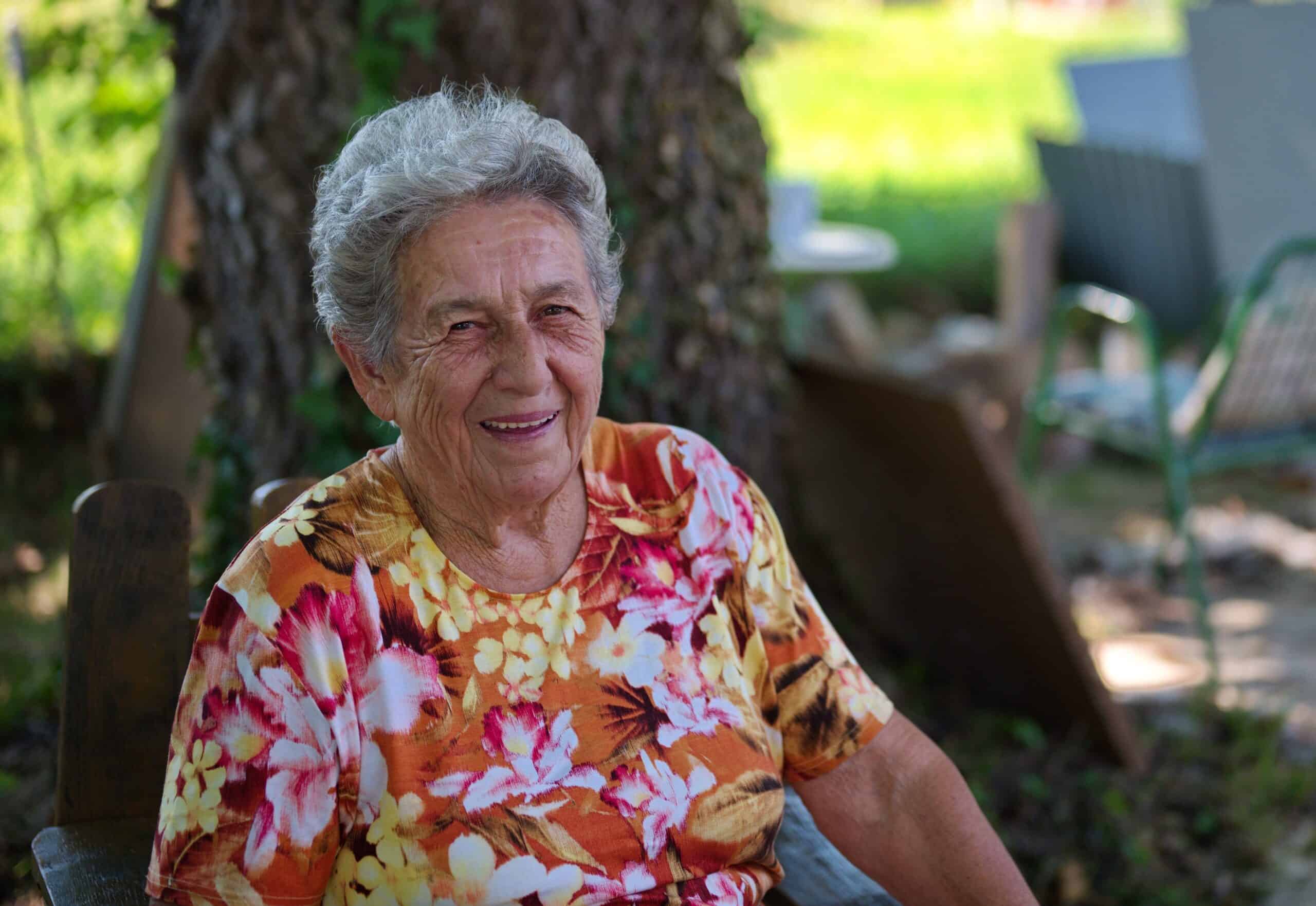These Are The Brain Exercises That Can Minimize Dementia–Guest Post by Lydia Chen

If you know someone with dementia, it’s no surprise, as approximately 7.7 million new cases are diagnosed each year, totaling about 47.5 million people worldwide. While there are a variety of health issues that can cause a senior to lose their independence, dementia is in the lead. There are various forms of this affliction, but Alzheimer’s is the most common. While there continue to be advances in slowing or managing symptoms of the disease, it’s been proven that brain exercises like games, puzzles, and memory issues can minimize the brain health deterioration that can lead to Alzheimer’s and dementia in the first place. Here are some easy ways to incorporate these activities into your daily life to help keep your cognitive disposition in check.
Board Games
If you don’t still have your old board games in your closet, head to your nearest resale shop, garage sale, or look online. This simple pastime is connected to improved cognitive functions such as memory, information retention, and problem-solving that could lead to increased IQ and enhanced learning capacity and ability. Case in point, it’s been proven that those who play board games reduce the risk of a variety of mental diseases, to include dementia if practiced on a regular basis. Other benefits included reduced blood pressure, lower stress levels, and a stronger immune system. Not to mention, there’s also the feel-good emotions that come from connecting yourself to the past — a good example of positive nostalgia.
Crossword Puzzles
If you like to find the crossword puzzles in the newspaper, keep it up. Research suggests that this pen-to-paper activity can help keep the brain sharp, including speed, grammatical reasoning, and accuracy of performance on various cognitive tasks. However, in order to use this as a tool for dementia prevention, you’ve got to continue to challenge yourself. With that in mind, don’t rely on the same source for an extended period of time. Rather, look to books or online resources to ensure you’re not becoming complacent with your progress.
For the Tech-Savvy
There are many benefits to being tech-wavy in your senior years, which includes expanding your options in the area of brain-teasing activities. For example, the online brain training software BrainHQ has been proven (through studies) to gradually speed up one’s processing speed while improving cognitive function at the same time. Video games of all kinds are not reserved for grandkids alone. In fact, studies indicate that that gaming can improve memory, multi-tasking skills, focus, and visual-monitoring tracking — not to mention, they’re a lot of fun and can provide the elderly with a natural high that comes from an endorphin release.
Apps
If you’re still rocking a clamshell device, it’s time to upgrade to a smartphone so you can take advantage of the copious brain-training apps that are available for little or no cost. Along with the app itself being beneficial in terms of enhancing memory and a variety of other cognitive skills, keeping up with modern-day technology also keeps the brain sharp.
If you really want to up the ante on preventing cognitive decline, partake in these activities with other seniors. According to research, those who are regularly engaged in social interactions are more apt to maintain active cognitive function, too. One theory is because loneliness has been linked to a decline in this area. Sleep can also be improved via social interaction, thus reducing the risk of depression and anxiety. Lastly, social support can help you maintain your independence, so get yourself out there and play a game or two with your friends!
Some people believe that dementia and memory problems are just a part of growing older. While we can’t keep our brains young forever, we can take steps to ensure that our cognitive skills remain sharp well into our later years.
Photo Credit: Pixabay
Post Script by DG Gridley
Face to face interaction has been proven to be one of the best ways to ward off dementia. Also regular physical exercise. Please see links below. More people need to join Aging With Grace–The Health Club for Seniors!
https://www.livescience.com/62022-fitness-dementia-women-middle-age.html
https://www.nytimes.com/2018/03/28/well/mind/fitness-in-midlife-may-help-fend-off-dementia.html
https://www.aarp.org/health/brain-health/info-11-2008/friends-are-good-for-your-brain.html
The post These Are The Brain Exercises That Can Minimize Dementia–Guest Post by Lydia Chen appeared first on Aging With Grace.






